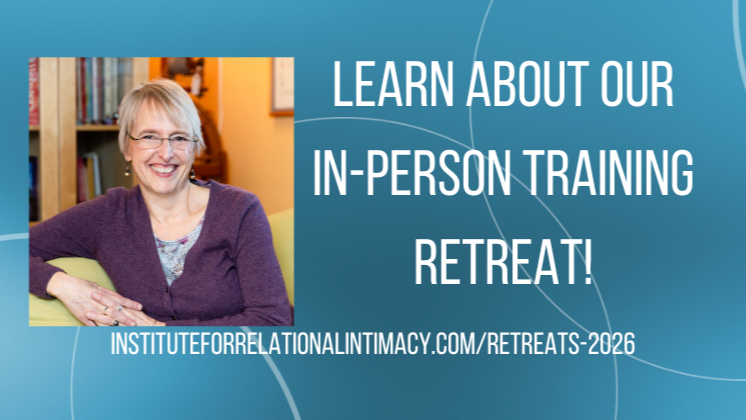Setting Meaningful Goals: New Year’s Edition (Part Two)
Dec 30, 2019
Welcome to 2020, everyone! It’s the beginning of a brand-new year and a brand-new decade. Milestones like this can be both exciting and intimidating. They invite us to look back on the past decade, assessing experiences, successes, and failures. They inspire us to look toward the future, and imagine what we could do, and who we could become, in the future.
To celebrate the season, I’m sharing a few more thoughts on setting meaningful goals. I know that many of us are thinking about New Year’s resolutions. I think goal-setting is an art form worthy of careful consideration. In my last post, I talked about the value of assessing the past year and envisioning who you aspire to be in the next one. Today, I’m going to talk about what you can do next, to start bringing those beautiful visions to fruition.
It’s important to acknowledge that effective goals are those that feel meaningful to you. If a goal is not alignment with your beliefs and values, you’re probably not going to be motivated enough to pursue it. Changing our ingrained habits is challenging, and you need pretty strong motivation to help you push through the inevitable setbacks; you’ll have trouble with follow-through if you’ve only chosen your goal because it’s what you think you’re supposed to want, or because someone else wants it for you.
It’s also worth noting that, if your goal is a bit of stretch, you will probably not have a smooth road to success. You will encounter obstacles, forget your goals, get distracted or frustrated, and probably even meet with some opposition from others around you. There’s just no way around it. The key is to keep moving forward, however gradually, and keeping your eye on your own dreams and desires. If you think it will be straightforward, you might become discouraged and give up. Far better to go in with the expectation that progress will come slowly, and the process will not be linear.
For that reason, I encourage you to start by focusing on small but meaningful steps, rather than huge leaps. Return to your hopeful Technicolor vision of the life you want, and the person you will be in that life. Ask yourself, what is one thing you can do that is a part of being that person, in that life? This should be a small but meaningful step, something you have at least 80% confidence you can accomplish. Ideally, it should also something you can feel excited about.
Next, make it real. How will you actually do it? Maybe you have a somewhat abstract goal. If that is the case, find a specific, actionable step that will lead you closer to your larger aspiration. For instance, if your goal is “I would like to cultivate compassion for myself and others,” you might resolve to carve out ten minutes at the end of each day to practice a loving meditation or to journal with a mind towards compassion, or develop a gratitude journal. Whatever your goal, whether concrete or abstract, figure out a first action step to put into practice. Following through will help you build confidence, while also creating the life you want.
Of course, your goal might be anything, but whatever it is, here are some things to keep in mind:
- Make sure you are 80% confident you can follow through on your action step exactly as you intend. If you’re not there yet, adjust your action step until you can actually do it. Being reliable to yourself is extremely important.
- It’s inevitable that there will be days when you don’t follow through. That’s fine, and you should forgive yourself easily. But don’t just ignore it either. Figure out what got in the way. Did feelings get in the way? Thoughts? Inadequate self-care? Circumstances? Figure out if the thing that got in the way was in accordance with your values. If not, maybe you want to make an adjustment to how you respond in circumstances like that, so that you can do what you intended. For instance, let’s say cultivating compassion is your bigger goal, and a gratitude practice is your action step. If you don’t do it one day because you were helping a friend in need, you have cultivated compassion anyway. On the other hand, if you don’t do your gratitude practice because you’re exhausted and depleted, you will need to figure out how to manage exhaustion and depletion. Realistically, exhaustion and depletion are going to be part of your life at times, so if you want to still move towards acting in the way you aspire to act, you’ll need to consider how to cultivate compassion despite the inevitability that you will at times feel grouchy and worn down.
- You should feel excited about your action steps. That might require a bit of a mind shift. This is what I mean: when you think about doing that thing, you should be able to connect it in your mind to something meaningful to you that comes with terrific payoff. For instance, taking out the trash might not sound fun, but if it represents being the kind of person you want to be, and you are very excited about creating that life, you can shift the way you think about taking out the trash so that it feels a little more fulfilling. Keep your focus on that connection: how do your action steps move you toward something that is wonderful?
As you practice your action step, it get easier. Eventually, it will become just a part of how you go about your life. Whenever you are ready, add another action step, or simply switch it up. But whatever you do, don’t overwhelm yourself with a list of things you have to do! That is a surefire way to prevent yourself from changing your life in the ways you want.






